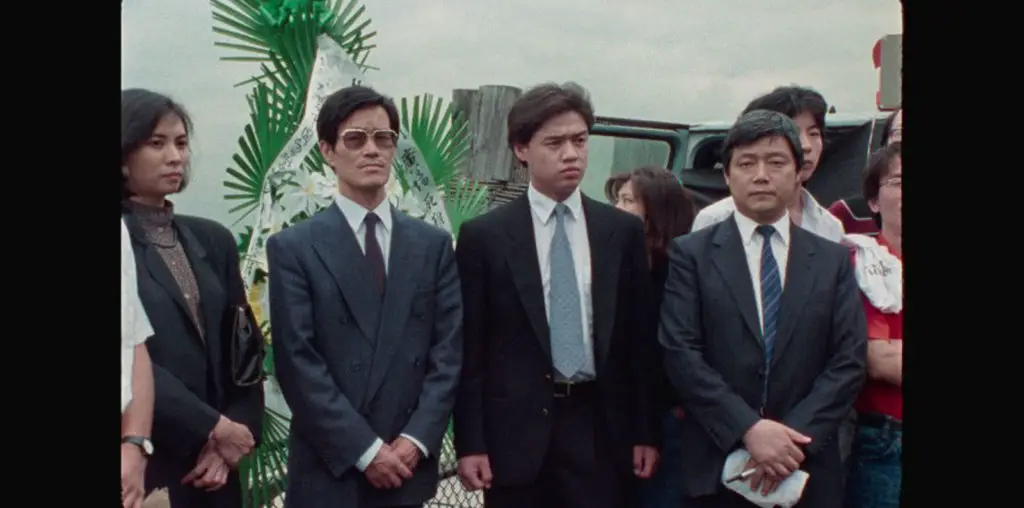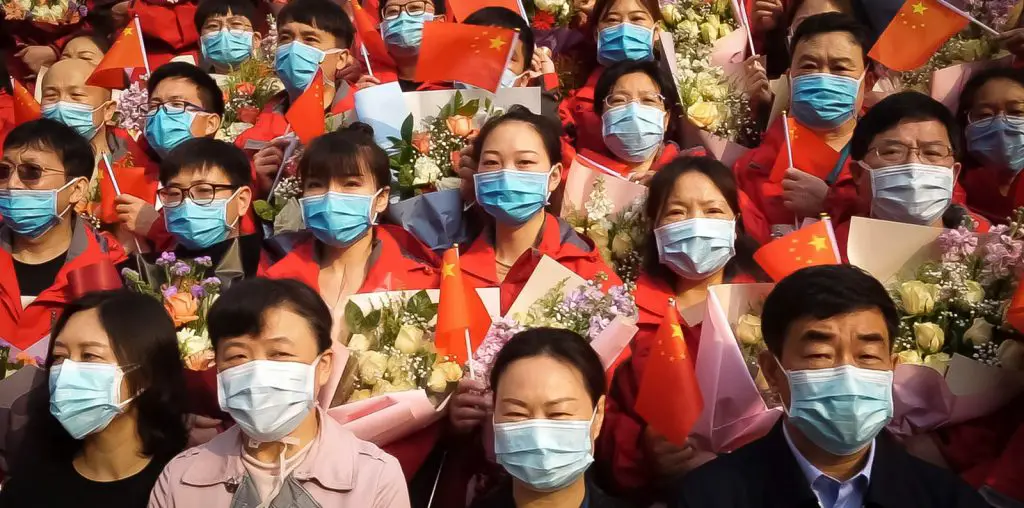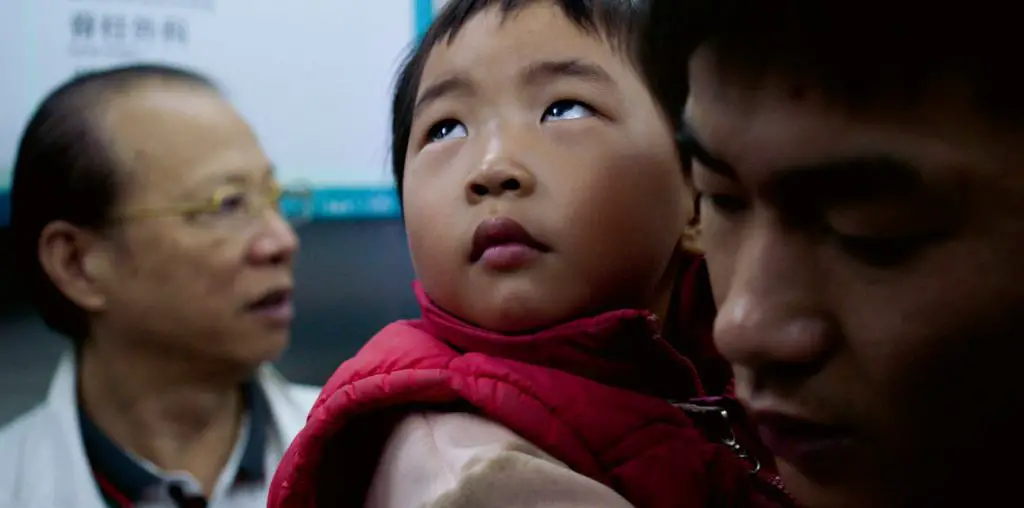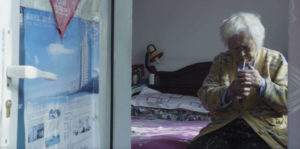
Charles Xiuzhi Dong’s documentary Anshan Diaries is an intimate account of his grandfather’s slow deterioration toward death. Dong’s grandmother, who is also of advanced age, struggles with her caregiver duties. The short’s storyline begins when Dong’s grandfather’s condition worsens, and he is transferred to a hospital. As we see the filmmaker’s grandfather slowly decline toward the inevitable, Dong recounts China’s history and his grandfather’s life within that greater national history.
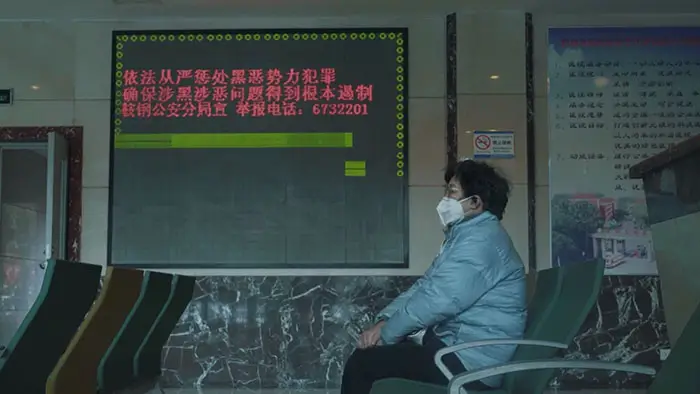
“…an intimate account of his grandfather’s slow deterioration toward death.”
Dong’s grandfather was a loyal member of the Chinese Communist Party who admired Mao. His devotion to the party and his work ethic allowed him to move up to division head and vice president in the steel factory that employed him. A sign of his status within the party was his being given a phone — a luxury item not awarded to most Chinese citizens. And then, the Cultural Revolution swept through China. The country and the party undertook a purification process whereby those accused of counterrevolutionary undermining China’s Socialist goals were imprisoned or eliminated. A coworker denounced Dong’s grandfather. Quickly after that, he was expelled from the party and imprisoned. This, of course, had reverberations within Dong’s family. His grandmother suffered anxiety-induced seizures, and his aunts were bullied in school.
Dong successfully marries personal history with Chinese history. As we see his grandfather slip in and out of consciousness, we realize that historical events can also slip out of consciousness for future generations if they are not kept alive by narratives such as this. One gets the sense that Anshan Diaries may be a prelude to a bigger story yet to be told by the writer/director. As we see Dong’s grandfather crossing over into death, we realize that his history and China’s history are potentially also slipping into a vacuum of oblivion. This short doc is Dong’s attempt to rescue history from that oblivion.

"…successfully marries personal history with Chinese history."
